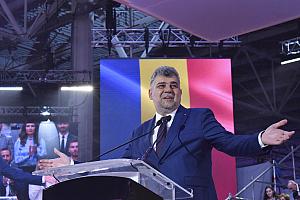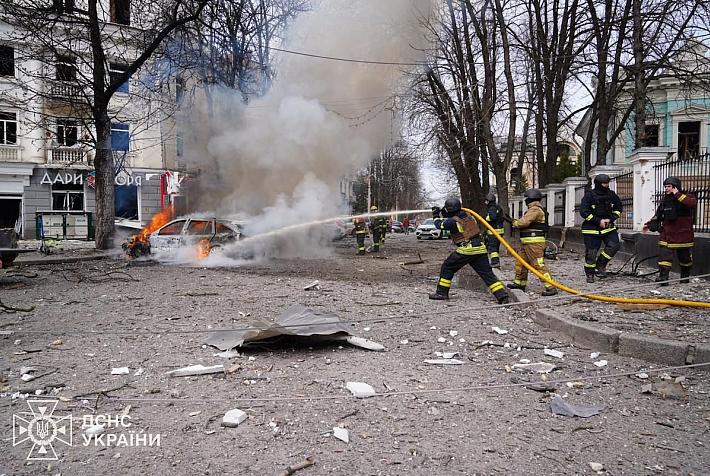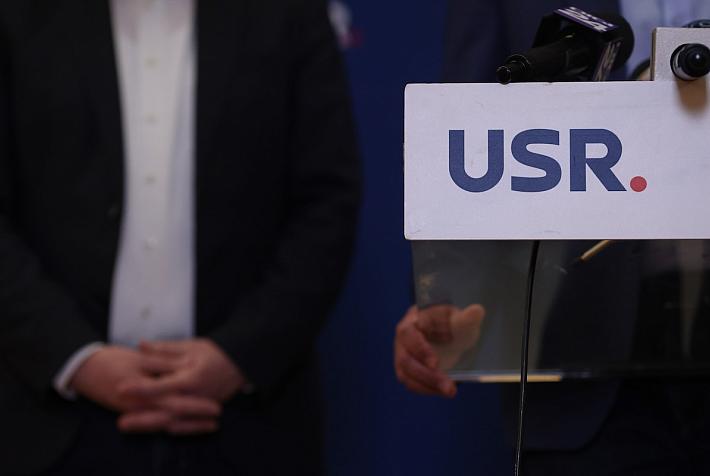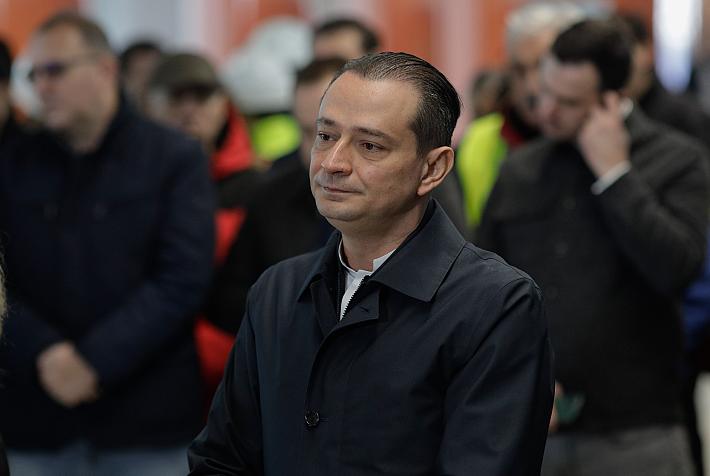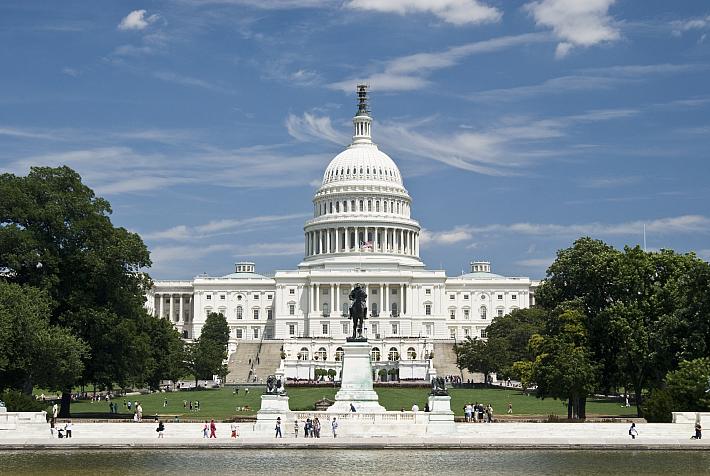Romanian presidential elections rocked by allegations of bot farms used to influence voters

Mircea Geoană, an independent candidate in the upcoming presidential elections in Romania, has been accused by two other candidates, including current prime minister Marcel Ciolacu, of running a bot farm to his benefit in connection to a well-known Israeli leader of hackers.
The accusation, first launched on Tuesday, October 29, by reformist (USR) presidential candidate Elena Lasconi during a town hall meeting, was later picked up by prime minister and Social Democrat (PSD) leader Marcel Ciolacu, who is also running for president.
Lasconi published images of Tal Hanan, a businessman known for attempting to manipulate elections in 30 countries, in Bucharest at the Aspen Institute headquarters. Mircea Geoană founded the institute years ago, according to G4Media.
Geoană denied knowing or ever meeting with Hanan then invoked Israel, although Lasconi hadn’t mentioned that Tal Hanan is Israeli. He further claimed that attacks against him began this summer on a TV station owned by convicted fugitive Sebastian Ghiță, whom Geoană said was in league with Marcel Ciolacu.
Mircea Geoană's staff later sent the press a statement claiming that "Elena Lasconi was misinformed and indiscriminately distributed blatant fake news" and that Mircea Geoană is "the number one target of an aggressive discreditation campaign."
Contacted by journalists, Tal Hanan confirmed he had been in Romania. "I confirm I was in Romania on vacation. It’s a beautiful country with wonderful people. I met and spoke with people, but we don’t discuss clients," he said in a conversation with Digi24.
Immediately after, on Wednesday, October 30, prime minister Marcel Ciolacu and the minister of digitalization publicly accused Mircea Geoană of using troll farms in his campaign. The PSD leader called on the Permanent Electoral Authority to investigate, while Elena Lasconi issued a new statement asking the PM to notify the National Cybersecurity Directorate (DNSC) and the National Authority for Management and Regulation in Communications (ANCOM), institutions that have cybersecurity attributes.
Lasconi further emphasized that any involvement of foreign operatives in Romanian elections threatens national security and transparency. She urged that further investigation and legislation should reinforce restrictions on digital campaign strategies, aligning Romania with recent EU regulations on political advertising to prevent misuse of personal data in political contexts.
Subsequently, the president of the electoral authority AEP, Toni Greblă, denied competency and specified that he had already contacted other institutions involved in combating such practices, including the Ministry of Interior, the Digitalization Authority, and SRI. The head of the Permanent Electoral Authority added that such suspicions are a national security issue.
Nicolae Ciucă, leader of the Liberal Party (PNL) and president of the Senate, also a presidential hopeful, announced plans to establish a joint Senate committee to investigate the allegations.
Ciucă emphasized that manipulating public perception through such means does not align with democratic values. He cited Moldova’s recent referendum, which coincided with the first round of presidential elections, as an example of how disinformation campaigns are typically associated with autocratic regimes. He also shared his personal experience of being targeted by coordinated troll attacks on his own social media.
What are bot farms?
“When we talk about bot farms or troll farms, we refer to an automated mechanism in the case of bots and an individual performing certain activities in the case of trolls, used to amplify either pro or anti-political or electoral discourse,” Septimius Pirvu, a governance expert from Expert Forum, told RFI Romania.
Companies that run troll farms also use data mining and large data sets obtained from users to predict and influence voters. One famous example is Cambridge Analytica, the data analytics firm that worked with Donald Trump’s election team and the winning Brexit campaign. In 2018, it was revealed that the company harvested millions of Facebook profiles of US voters, in one of the tech giant’s biggest ever data breaches, and used them to build a powerful software program to influence elections.
Troll farms are “primarily a hybrid warfare tool, but in more democratic regimes, political parties also use such tools, and I’m certain it’s not entirely foreign in Romania,” Septimius Pirvu added.
He also noted that troll accounts are easier to spot on some social media platforms such as Facebook and harder on others, like TikTok. “It’s challenging to halt, especially for electoral authorities that, in many countries, aren’t equipped to counter this behavior,” he concludes.
Romania’s presidential elections will take place on November 24, most likely followed by a second tour on November 8.
(Photo source: Elena Lasconi on Facebook)






